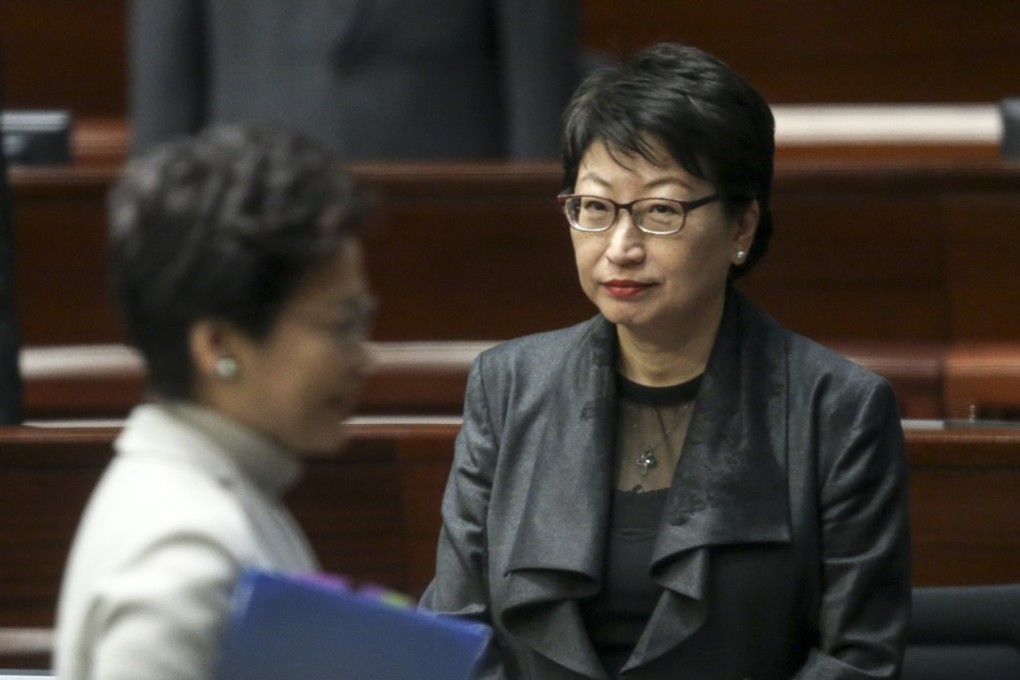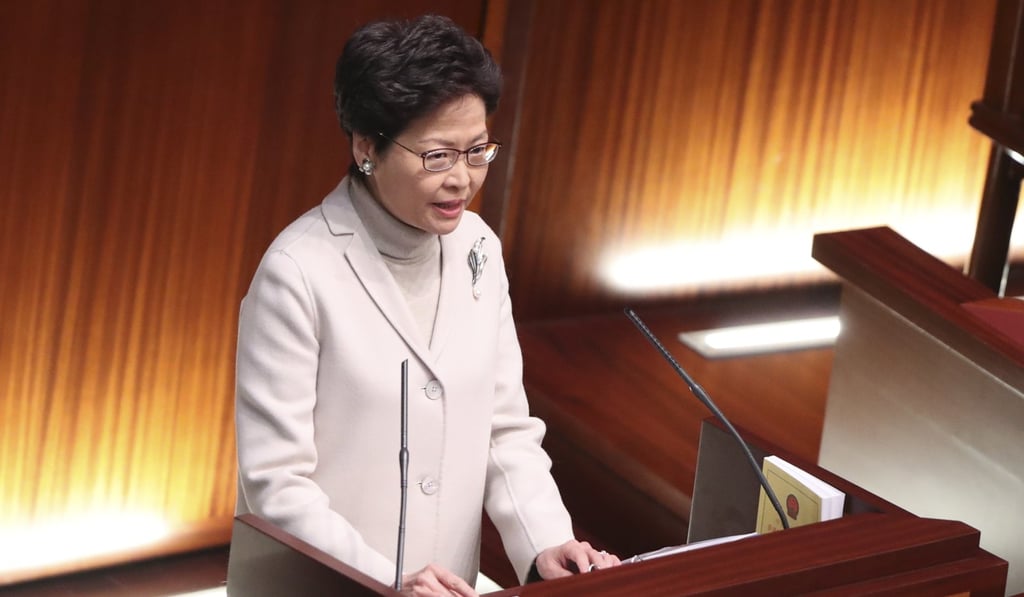Hong Kong leader Carrie Lam backs under-fire justice chief Teresa Cheng as mortgage deed raises new questions
Chief executive calls for more tolerance and discloses permission given to minister to wrap up private practice cases, drawing further condemnation from opposition lawmakers

Hong Kong’s leader on Thursday appealed for more tolerance towards her new justice minister, Teresa Cheng Yeuk-wah, over the scandal involving illegal structures at her house, even as a mortgage deed for the property emerged, raising suspicions of a cover-up.
Opposition pan-democrats condemned Lam’s approval of Cheng’s “moonlighting”, saying it was “absurd” and warned of a possible conflict of interest while several pro-establishment figures held back from voicing full support for Cheng.

At her first question-and-answer session this year, Lam told the Legislative Council that she believed Cheng did not intentionally cover up the issue and rejected calls for the new minister to resign, insisting that she was still the right person for the job.
This was despite a new revelation on Thursday that a mortgage document signed in 2008 for Cheng’s Villa De Mer home in Tuen Mun did not mention the existence of a basement.